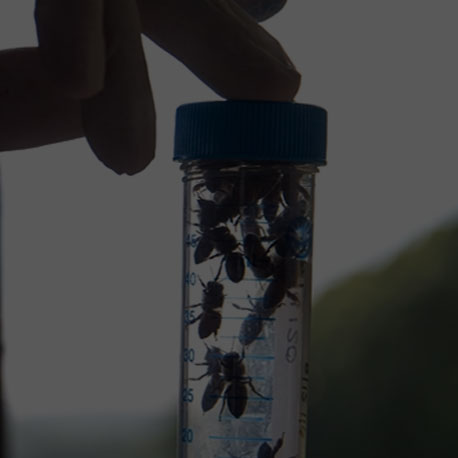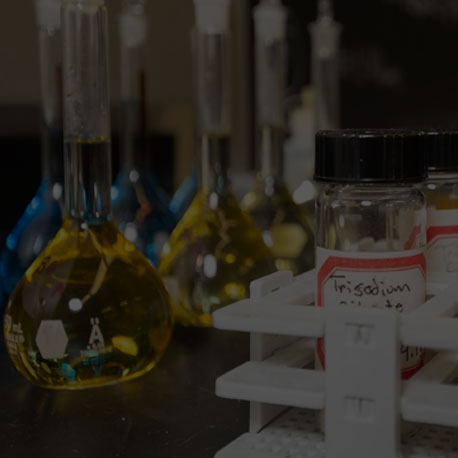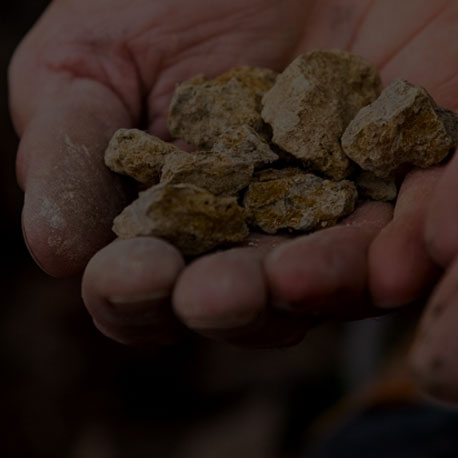
Environmental Science Program
Environmental Science Degree
Love the outdoors? Make it your major.
If you care about science, nature and protecting the planet, Kutztown University’s Environmental Science degree teaches you how to take action where it counts. With five specializations to choose from—biology, chemistry, geography, geology and regenerative organic agriculture—you can shape your college experience around what interests you most.
As our resource needs grow along with our population, there is no doubt that the demand for environmental science professionals with real-life experience is higher than ever. At KU, we’ll teach you how to tackle current and future environmental challenges through hands-on lab and field experience.
So, are you ready to make a difference for the Earth and your future?
Explore Our Environmental Science Degree
Why Choose KU for an Environmental Science Degree
Choosing a career-focused education just got easier.
Kutztown’s Environmental Science major gets you ready for the real world—so you can launch your career at places like the Pennsylvania Departments of Conservation and Natural Resources or Agriculture, the New Jersey Department of Environmental Protection, the Pennsylvania Department of Agriculture or the U.S. Park Service.A).
Here’s what you'll learn:
- Execute field and laboratory investigations based on sound scientific principals and techniques, with care and attention to detail.
- Effectively communicate a position using data and logical reasoning in appropriate written and oral formats.
- Work as an integral member of a multidisciplinary team to apply knowledge of the complex interactions between physical and biological realms, draw conclusions, and develop action plans.
- Choose appropriate techniques for the collection, analysis, and presentation of quantitative, spatial, and temporal data.
…it's a wonderful place to get an education. The professors are very knowledgeable and friendly, which makes it a lot less intimidating. There are lots of events for students too, especially within the program like alumni talks. And unlike other schools, many students do participate in these activities. During classes you get a lot of opportunities to work with cool instruments in a small group or individual setting that you probably wouldn't get in a larger class."
Valerie Leith ’25, Environmental Science ProgramWhat do students "do" as an environmental science major?
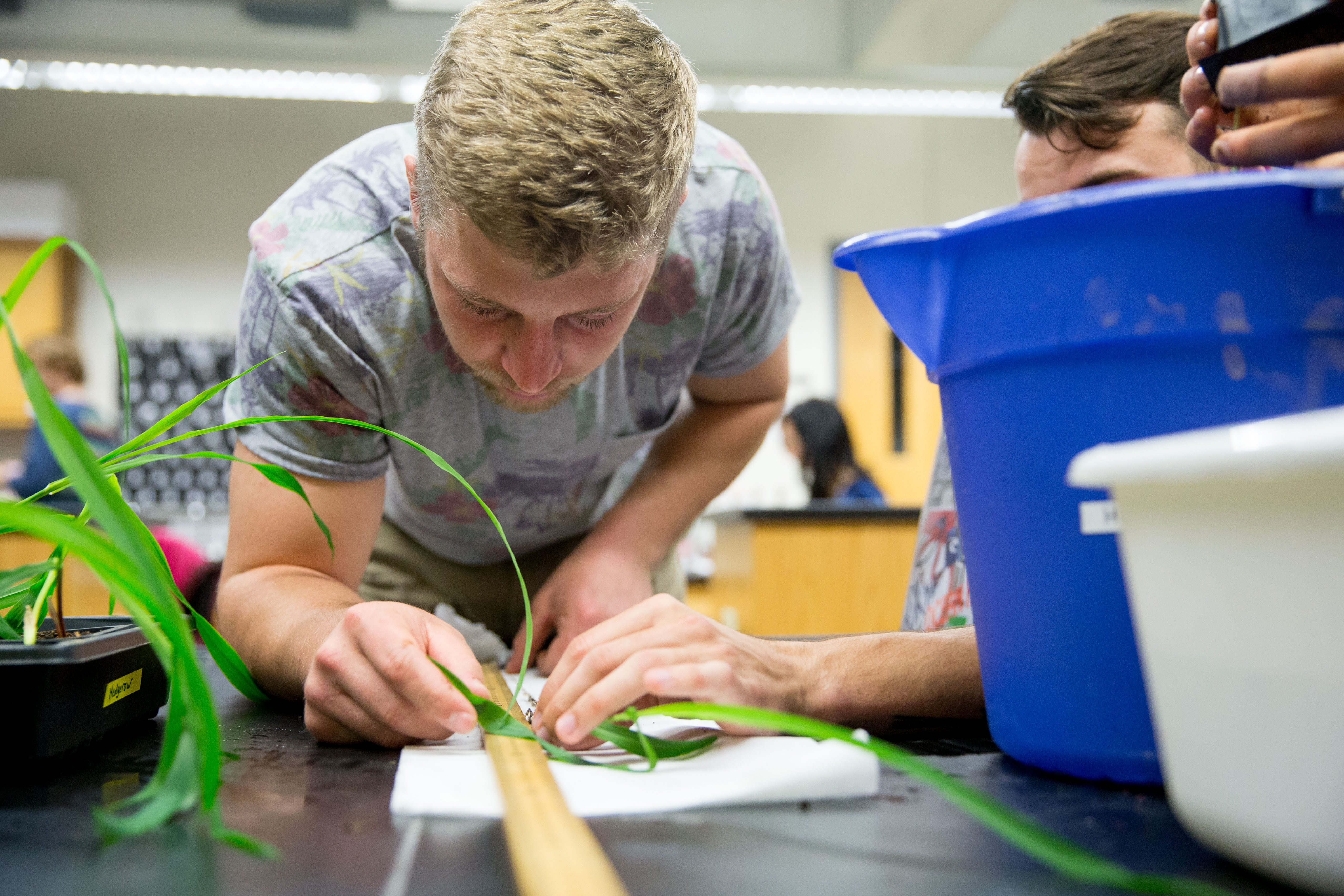
Plant Lab
Students learn to key out plant specimens in the lab.

Ag Soils Lab
Students learn about different soil types, their components, and how healthy soils support our society.
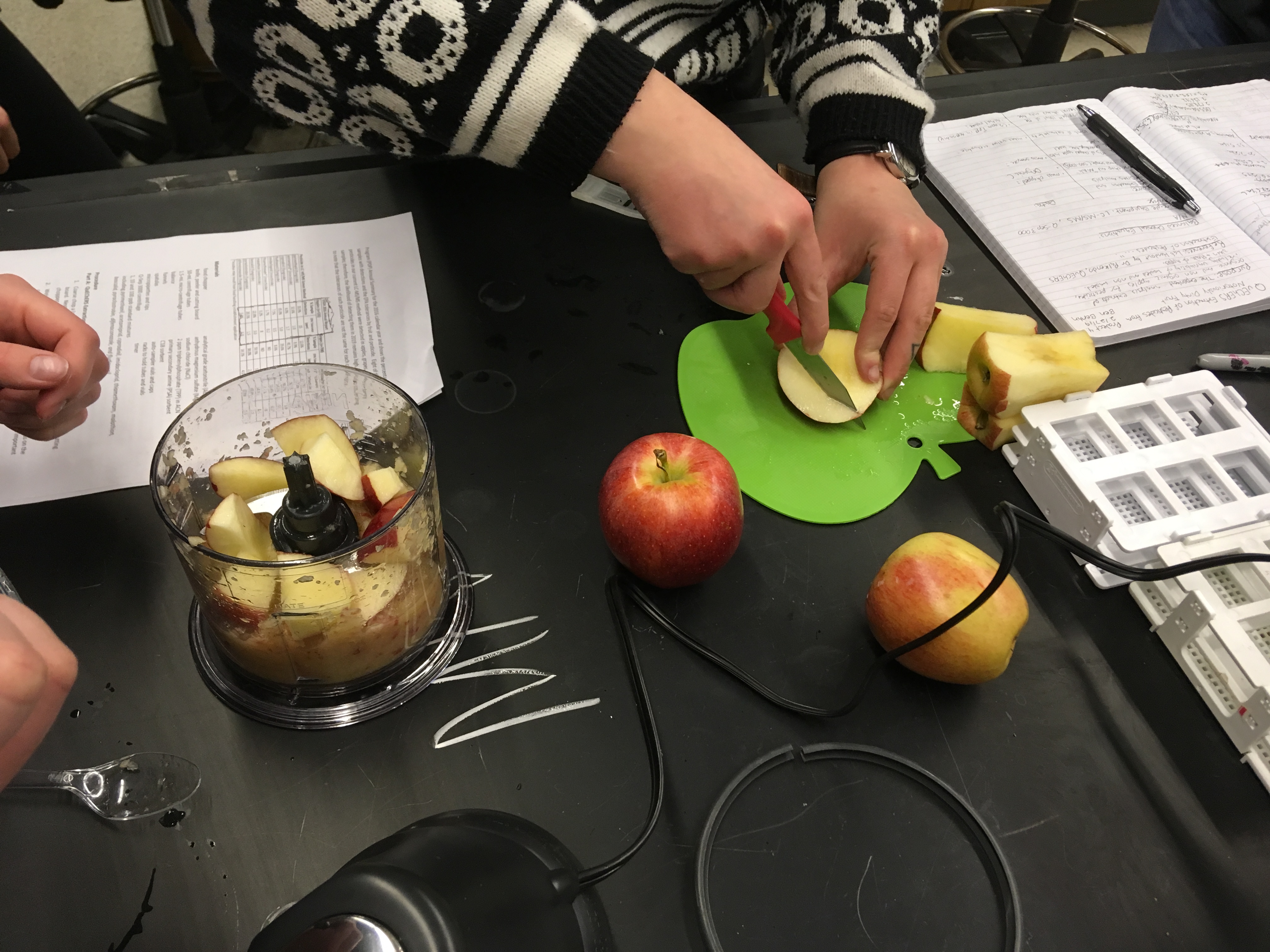
Pesticide in Fruit Lab
Students learn sample preparation techniques and test fruits for pesticide residues.
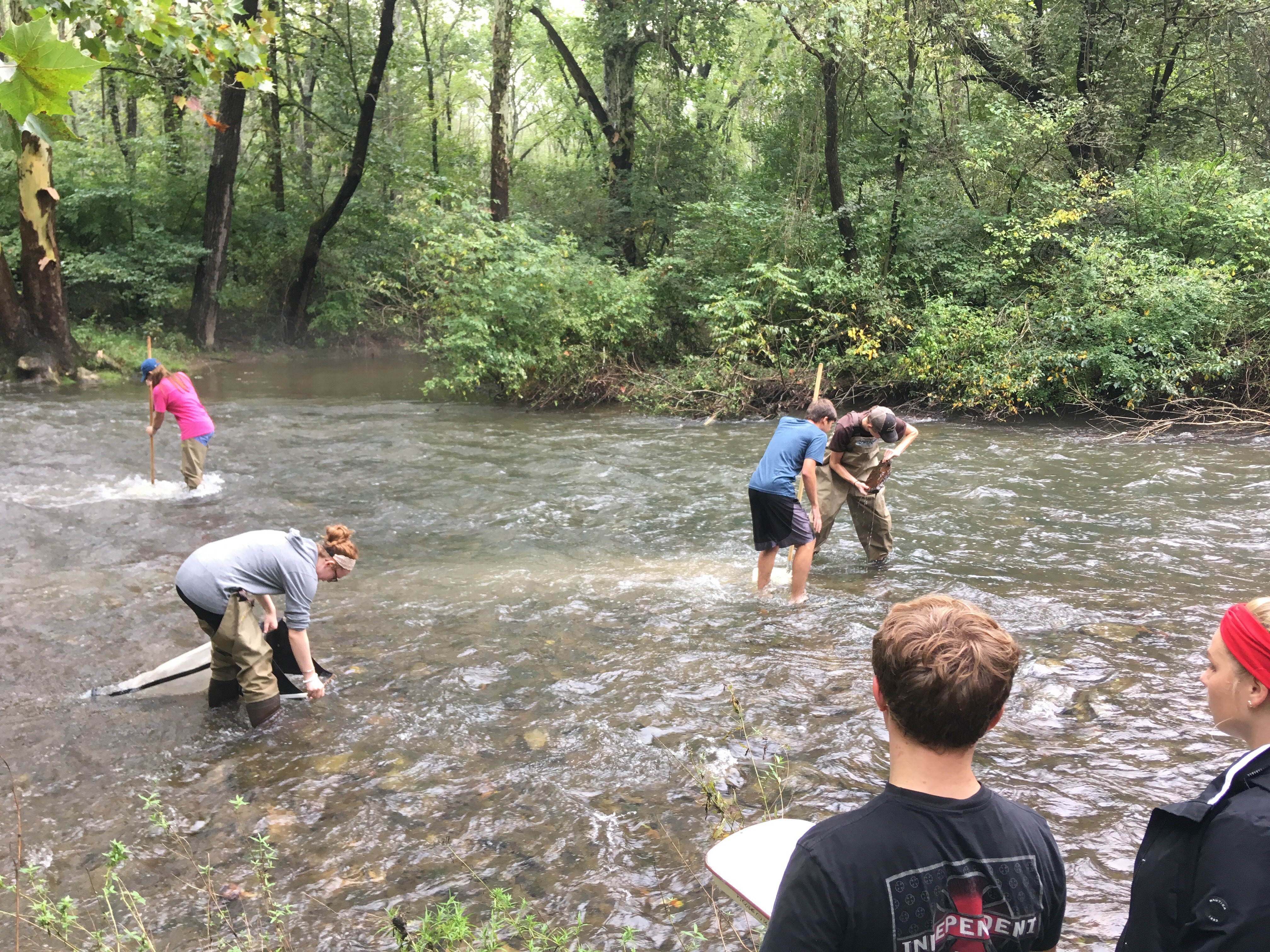
Watershed Lab
Students find and identify aquatic macroinvertebrates to assess the health of a stream.
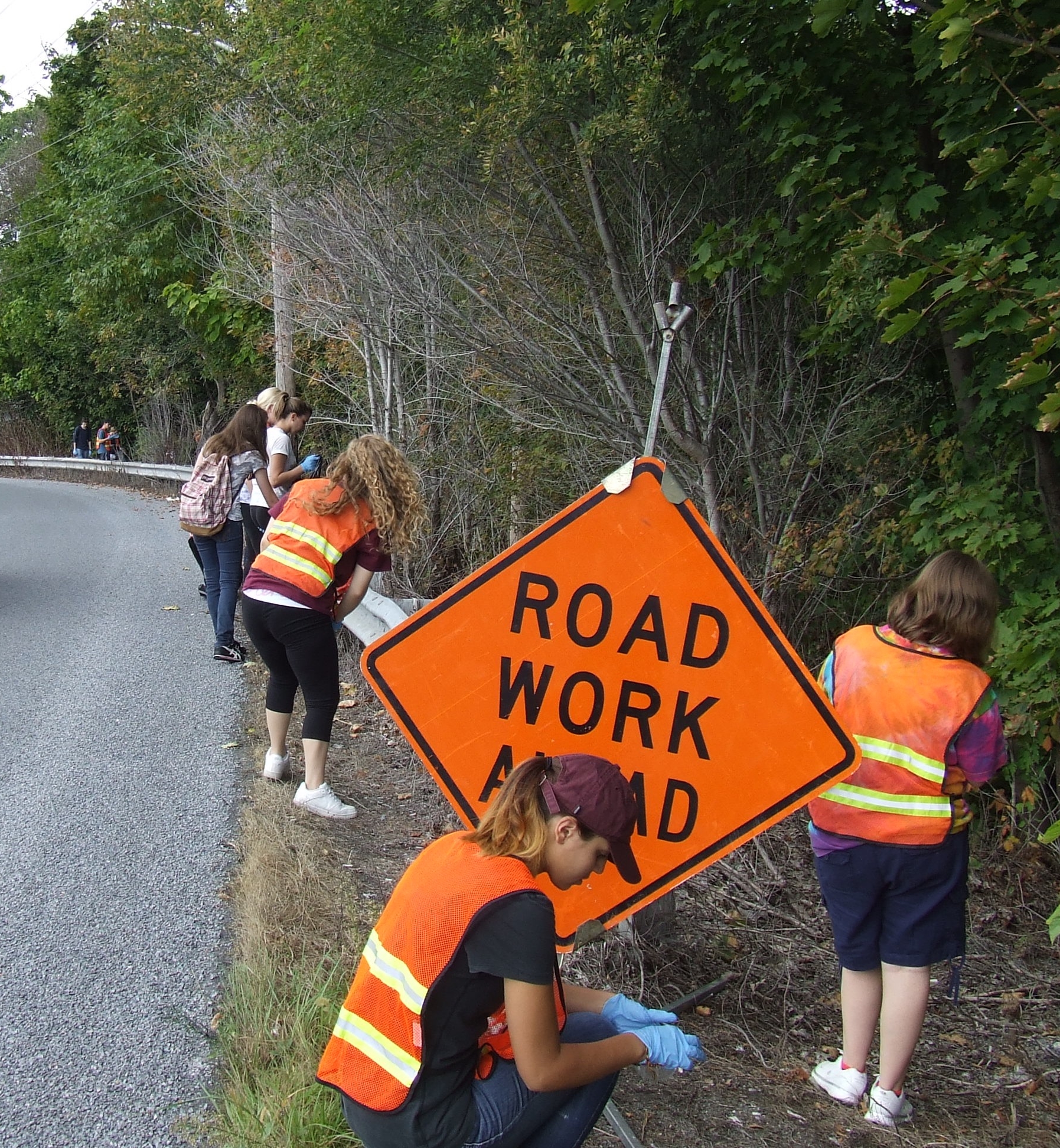
Trash Clean-Up Lab
Students participate in clubs and service activities like trash clean ups.
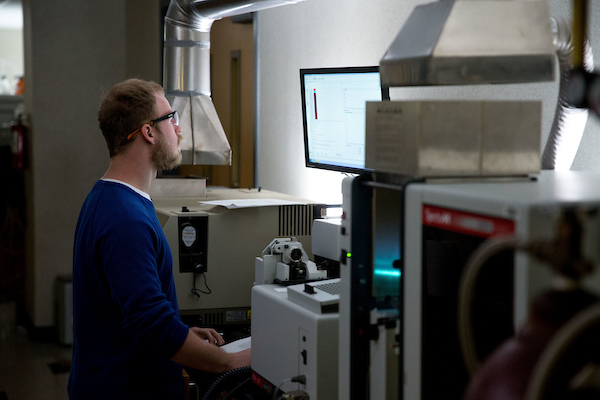
Hands-on instrumentation work
Students learn to use a variety of instruments in the analytical chemistry lab.






Environmental Science Degree Frequently Asked Questions
-
What can I do with an environmental science degree from Kutztown University?
Graduates with an environmental science degree are prepared for a wide range of careers in both the public and private sectors. You might work in conservation, environmental consulting, water and soil testing, sustainability planning or government agencies like the Department of Environmental Protection.
Here are several sample career options along with their national salaries:
- Conservation Scientist: $68,750
- Chemical Technician: $56,750
- Urban and Regional Planner: $81,800
- Geoscientist: $92,580
- Agriculture and Food Scientist: $74,940
-
How do I choose the right environmental science major?
Choosing the right specialization within the environmental science major depends on what excites you most about the environment. At Kutztown, you have the opportunity to pick from five specializations: biology, chemistry, geography, geology and regenerative organic agriculture.
While our specializations have overlapping courses, the following information can you help you decide which is right for you:
- Biology: Choose this if you're interested in ecosystems, wildlife, conservation or working with plants and animals.
- Chemistry: Great for students curious about pollution, toxicology and chemical processes in air, water and soil.
- Geography: Perfect if you love maps, data, and big-picture thinking, like using GIS to track climate change or land use.
- Geology: Go this route if you're drawn to Earth systems, natural resources or studying soil, rocks and groundwater.
- Regenerative Organic Agriculture: Ideal if you're passionate about sustainable farming, soil health, food systems and rebuilding our agricultural future.
Still not sure yet? That’s OK.
Your first year includes courses across all five areas, giving you time to explore. Your professors and advisors will help you find the right fit based on your strengths and goals and you can always switch concentrations if need be.
-
What clubs or organizations can I join as an environmental science major?
At Kutztown University, your learning doesn’t stop in the classroom.
As an Environmental Science major, you’ll have plenty of opportunities to connect with peers, explore your interests and build your resume through student clubs and organizations.
Whether you're passionate about marine life, sustainability, fieldwork or women in STEM, there’s a community here for you.
You can learn more about the following clubs on Engage@KU:
- Marine Science Club
- Geology Club
- Environmental Action Club
- Geography Club
- Geophysics Society
- Plant Club
- Society of Physics Students
- Women in STEM







